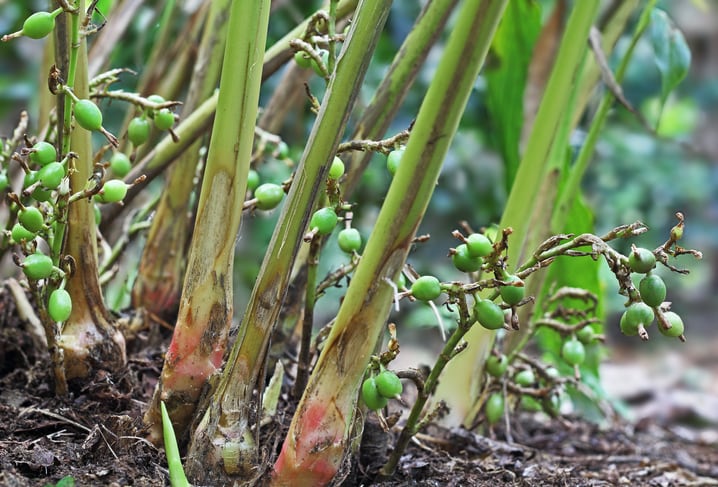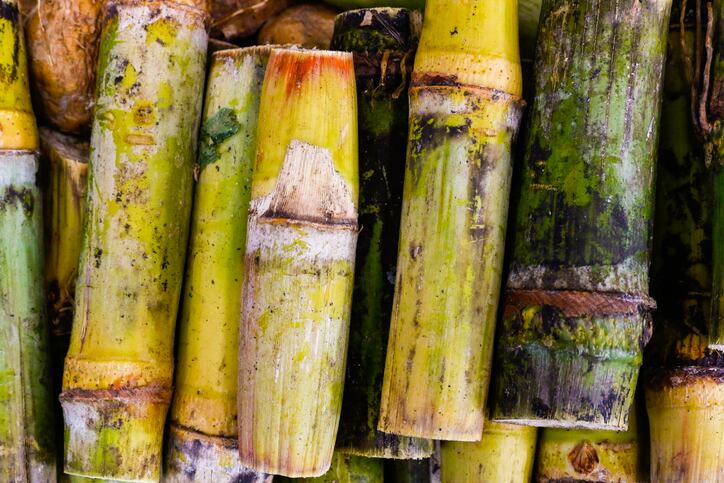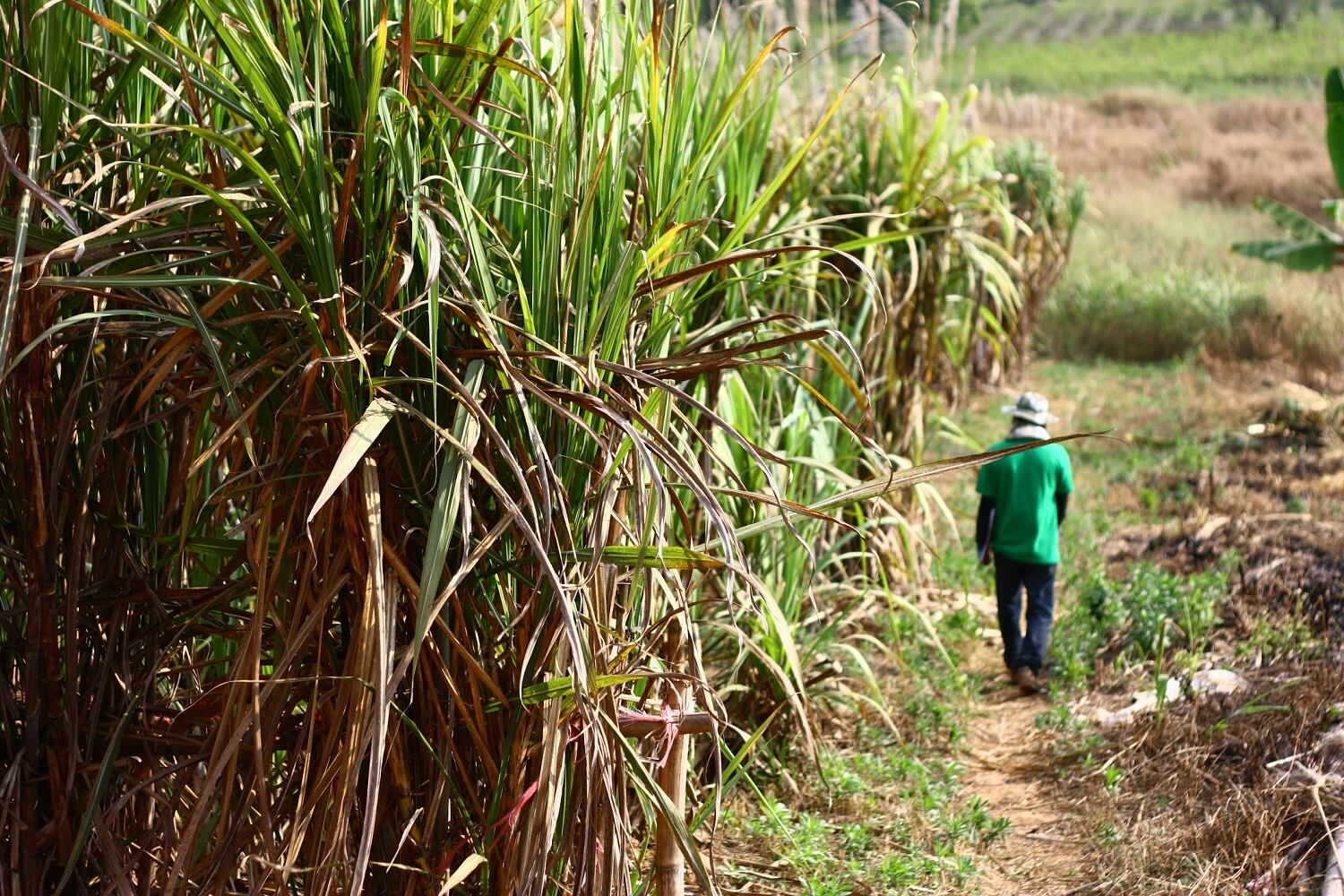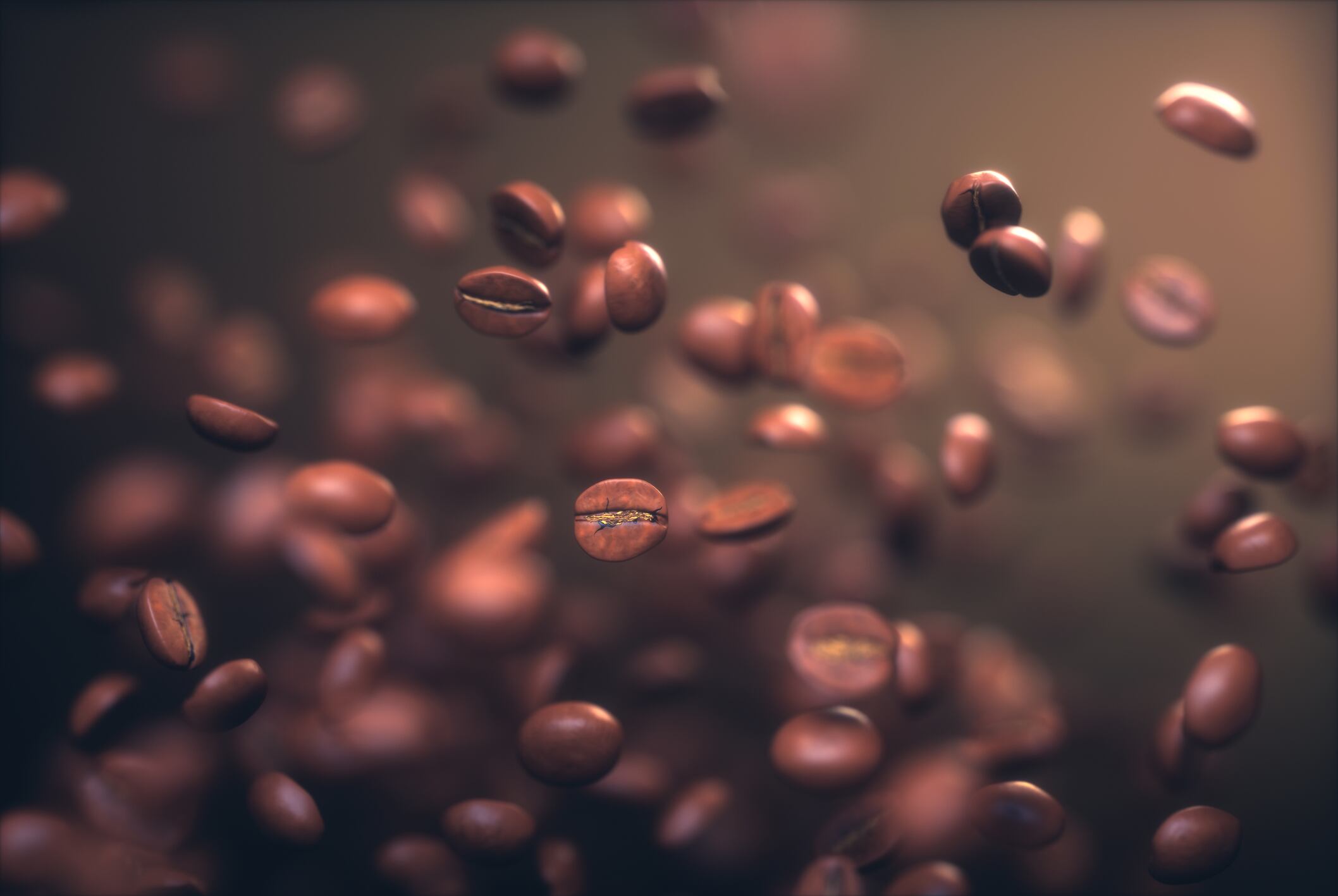As the biggest producer in the world, Guatemala accounts for over 60% of global cardamom supplies. India is the second biggest producer but high temperatures and heavy rains in the southern state of Kerala have damaged this year's crop, pushing up the market price as international supplies take a hit.
“Traders in the consumer markets are indicating that [Indian] production will be lower than that of their past crop,” said Jorge Mario del Cid, president of trade association Agexport’s cardamom committee.
“In Guatemala, the same thing is happening [and] the current harvest will be 10% to 15% lower than the last one. The Guatemalan harvest started in September 2018 and will finish being harvested in April 2019. The last estimate of harvest volume is 29,000 tons.”
This compares to around 33,000 for the 2017-2018 campaign.
“The price of cardamom is constantly increasing since October 2018,” del Cid told FoodNavigator-LATAM. “The impact is positive for the small producer.
“With this income from the sale of their production, they will be able to improve their conditions and promote care and investment in their plantations.
EHL Ingredients: 'Customer prices have increased by around 30%'
Higher wages for farmers, however, means higher costs for manufacturers around the world.
According to Tasneem Alonzo from EHL Ingredients, a UK ingredient importer, blender and packer, this is already being felt.
Alonzo said: “We are experiencing the shortage ourselves and are working hard to fulfill orders for our customers, although price fluctuations do mean that prices have increased by around 30%.
“We’re awaiting the next harvest of the crop in February and are optimistic that prices will stabilize.”
Cardamom is the third most expensive spice in the world according to price per weight. (Number one and two are saffron and vanilla respectively).
Over 60% of the world’s cardamom is grown in Guatemala and, depending on the market price, the crop contributes to between 0.8 and 1.5% of the country’s GDP.
India is the second biggest producer (18% of global production in 2015) but it consumes around 90% of its domestic production, making Guatemala the biggest exporter of the spice.
Guatemala’s cardamom output is grown mostly by smallholder farmers on around 200,000 hectares of land or 1.8% of the country’s territory.
Source: Agexport Cardamomo
Cardamom pods and politics
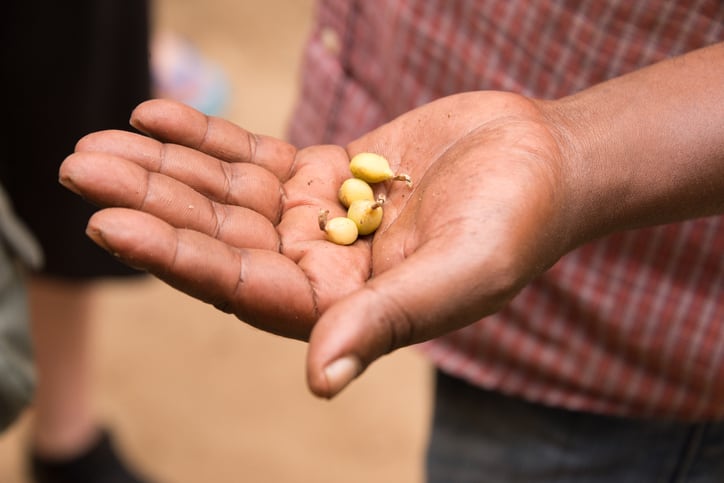
Cardamom producers in the Central American country feared a backlash following the decision of president Jimmy Morales in 2017 to move the Guatemalan embassy in Israel from Tel Aviv to Jerusalem.
The spice is prized in Middle Eastern cuisine, where it is used in both sweet and savory foods, and the biggest buyers by far are Saudi Arabia and the United Arab Emirates, accounting for almost 50% of purchases.
The growers' fears were based on historical precedent.
In 1994, Arab nations boycotted Guatemalan cardamom when then-president Ramiro de León Carpio moved the embassy to Jerusalem. León Carpio buckled under the economic pressure and quickly reversed his decision.
Patricio Quinteros, president of the Guatemalan Cardamom Growers’ Association, told BBC World last year: "People are afraid, especially those who live in the northern zone of Guatemala and depend to a large extent on growing cardamom.”
The cardamom sector was not the only industry fearful of economic repercussions. Morales' decision also riled Indonesia, a major importer of Guatemalan sugar and the most populous Muslim country in the world, reported independent media site CMI Guatemala.
According to Del Cid, however, the feared boycott has not happened.
“The transfer of the Guatemalan embassy to the city of Jerusalem has not affected the cardamom trade,” he said.
More investment needed
Agexport would like to see more government support to help strengthen the sector.
“The sector suffers from a loss of competitiveness due to the fragmentation of producers who do not have access to correct agricultural techniques, advice or finance."
“Cardamom is a key crop for the country [and] there is much to improve in the value chain,” it says. “This would allow Guatemala to consolidate its globally dominant position and further leverage it. It is imperative the government considers the crop a priority in its agricultural policies.”

